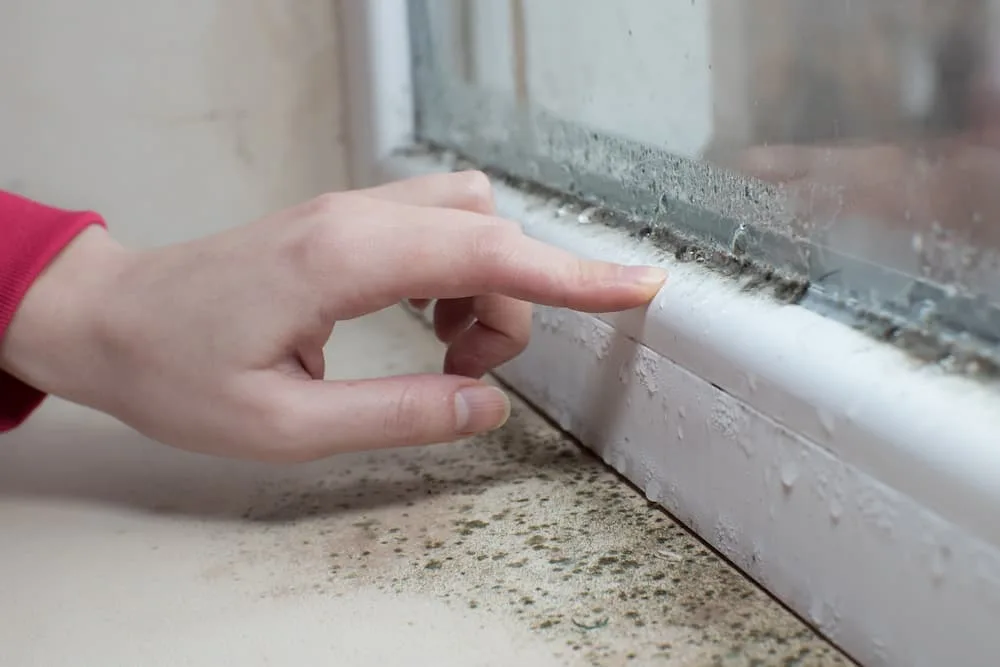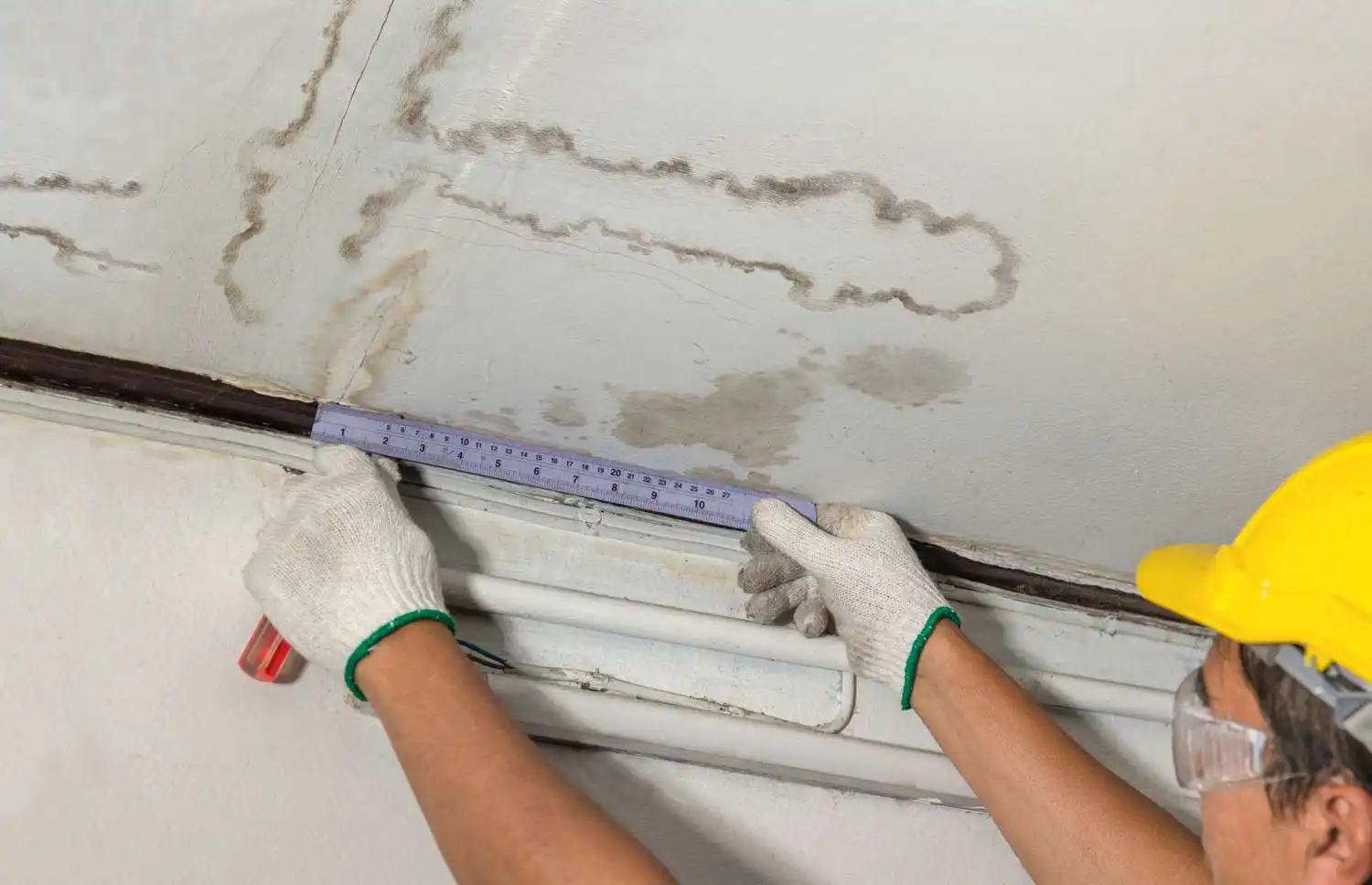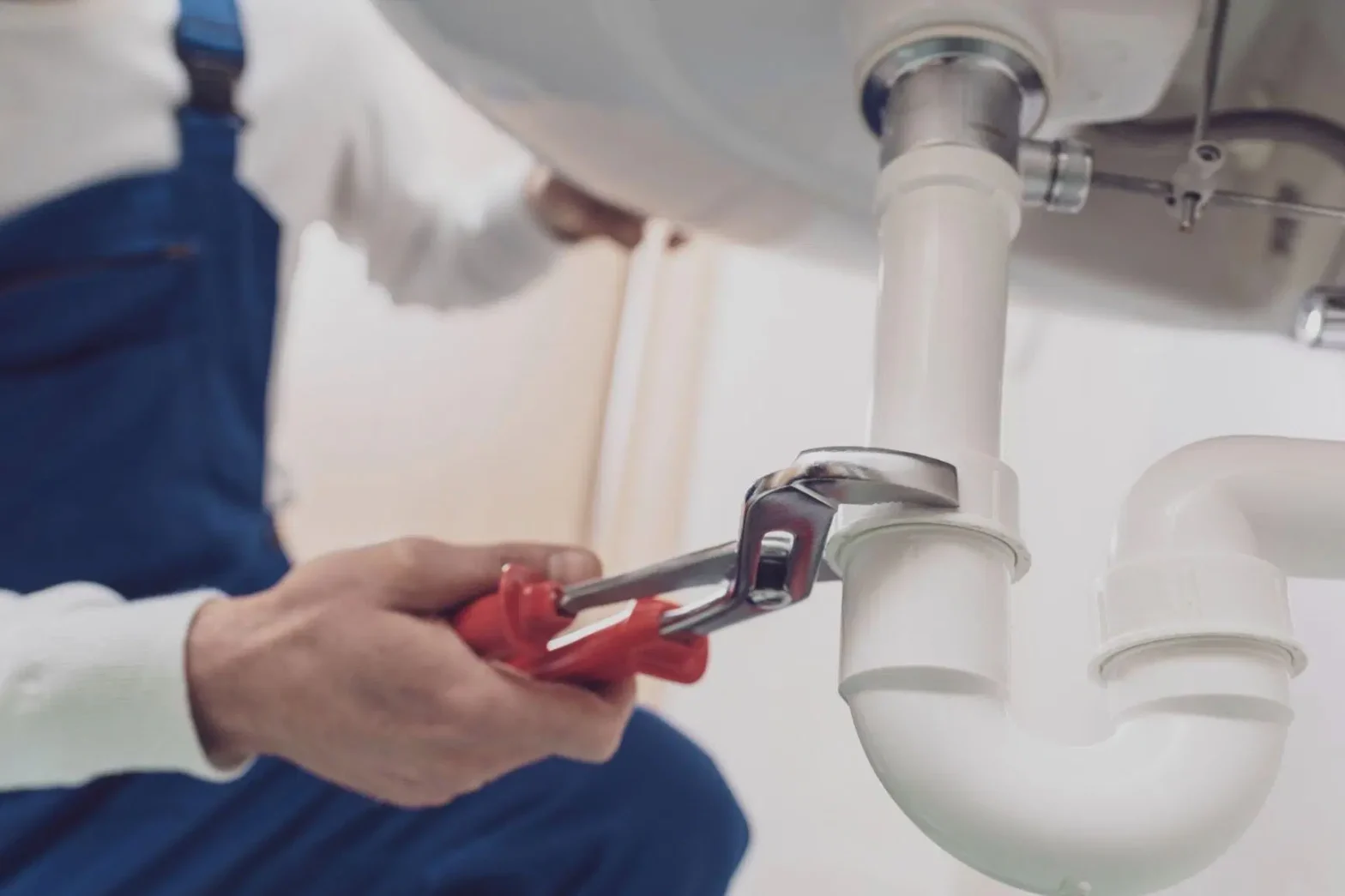Why Is My Water Heater Leaking? Causes & Solutions Explained
Few things are quite as stressful as going to turn on your tap and instead discovering a pool of water where you keep your water heater. While this can range from an annoying inconvenience to an expensive headache, a leaking water heater can sometimes be more serious.
Burst pipes may be fixed with a quick patch, but leaks from your hot water system can often lead to damaged walls, ceilings, insulation, and, in worst-case scenarios, can cause mold growth if it goes unchecked. And if you’re new to the world of homeownership, you may have recently discovered the water heater with a classic “uh oh” moment, asking yourself, “Why is my water heater leaking?”
As with many common plumbing questions, you’re not alone in asking this. Whether you’re not sure where the leak is coming from or you just want to get a head start and know more than the average homeowner, here at All Star Plumbing, we’ve got you covered.
Common Causes of a Leaking Water Heater
A standard water heater will last 8–12 years before it needs to be replaced. However, regardless of the quality, water heaters can develop leaks as their internal parts begin to age. Here are a few of the most common causes of a leaking water heater.
- Loose Drain Valve
Water heaters are equipped with a drain valve located at the bottom of the tank, allowing homeowners to flush and service their unit when necessary. If this valve isn’t fastened tightly, it can become loose and lead to a trickle of water that eventually becomes a leak.
If the leak is coming from the bottom of your tank, a loose drain valve may be the cause.
- Internal Tank Corrosion
The constant flow of hot water through the hot water system will start to cause corrosion over time. Although the anode rod will continue to sacrifice itself in the water to stop corrosion from occurring, this will eventually be eaten away, too.
Once that is the case, the tank walls will become vulnerable to rust and erosion. At this point, leaks are the only way it is discovered and often indicate that replacement is the only option.
- Excess Pressure Inside the Tank
Temperature and pressure relief valves are fitted to tanks to ensure the unit doesn’t overheat or build up dangerous amounts of pressure. If it is faulty or the water pressure is left too high, leaks will often occur from around the valve or tank.
- Faulty Water Supply Connections
Checking the fittings and connections at the top of the hot water system is crucial for identifying leaks. Loose or failing fittings where the cold-water inlet and hot-water outlet pipes connect can allow water to escape, resulting in leakage.
- Condensation vs. Real Leak
Condensation on the outside of the tank often appears as a steady drip, especially during the cooler months. To test whether it is an actual leak or not, let the tank finish its cycle before cleaning up any water that has pooled around it.
Where Is the Leak Coming From?
As mentioned above, leaks at the top of the tank are usually the result of loose or faulty water connections. If the inlet and outlet pipes aren’t properly connected or have become damaged, they can drip and produce a slow leak that mimics a leak from a different area.
Leaks at the bottom of the tank, on the other hand, are more often the result of a faulty drain valve or internal corrosion. A slow trickle from the bottom can be resolved by tightening the drain valve. However, if it continues, the tank is likely deteriorating from the inside.
Leaks around the sides of the tank may be caused by the temperature and pressure relief (T&P) valve or, during cooler weather, condensation. If the leak stops after the tank has finished a cycle, it is likely only a concern of condensation.
However, if it continues or if the T&P valve is visibly broken or stuck, it could be a sign of dangerous pressure building.
Knowing where the leak is coming from helps determine if a simple, surface-level fix will resolve the leak or if the entire tank will need to be replaced. Note that the temperature and pressure relief (T&P) valve can sometimes be replaced if required.
Recommended reading: Water Heater Maintenance Tips That Prevent Costly Repairs
DIY Quick Checks Before Calling a Plumber
Performing a few simple checks before calling a plumber can often solve your leaking water heater quickly and easily. If you have identified a leak, try checking the fittings on the top of the tank before doing anything else. Both the inlet and outlet connections should be tight, as loose fittings and connections are the number one reason for hot water system leaks.
Check the drain valve on the bottom of the tank for any drips. Tightening the valve can sometimes solve minor leaks. It’s also a good idea to look at the temperature and pressure relief (T&P) valve. If it is stuck, or if it continues to leak after the heater has completed its cycle, it may need to be replaced.
If you can’t find the source of the leak, or if water pooling continues after you’ve tightened the connections and drain valve, turn off both the water supply and power to the heater to help avoid any flooding and to ensure the tank is safe until a plumber arrives. Note: this should not require opening the tank, and, for your safety, you should not open the tank yourself. Always remember that water heaters are under high pressure and, if not maintained correctly, are not to be tampered with.
When to Call a Professional Plumber
Some leaks can be fixed with a quick tightening or repair, but if the cause of a leaking hot water system is internal, you will most likely need to call a professional. If you have identified or suspect rust or corrosion on the tank, it’s a good idea to call a professional, as this is a surefire sign that the heater is close to the end of its service life.
If water pooling around the unit persists after tightening the fittings and checking the drain valve, this too indicates an issue that is likely best left to the professionals.
This also applies to the T&P valve. If a steady drip is visible from the valve after a heater cycle has finished, or if it appears stuck, it will often need to be replaced by a professional, as dangerous pressure is building inside the tank.
If you know your hot water system is older than 10–12 years, you will most likely need a new one. Leaks in these heaters indicate that it is too late to service and that a new one will be required. However, if you have any questions about the age or condition of your water heater, a call to a certified professional, such as All Star Plumbing, will help you identify your problem and your options without delay.
Preventing Future Water Heater Leaks
Prevention is always better than a cure, and the best way to avoid future hot water system leaks is through regular maintenance. Flushing the tank will remove corrosion-promoting sediment and extend its life while also making it more efficient. Replacing the anode rod every three to five years is another preventative maintenance task that is easy to complete and can go a long way.
Scheduling yearly or biyearly inspections with a plumber is another excellent way to prevent leaks from occurring. A quick annual inspection can find loose fittings or valves, or early signs of internal corrosion, before it is too late.
FAQs
Q: Can a leaking water heater be repaired?
A: If the leak is coming from a valve or connection point, it can often be repaired quickly by tightening it. If the tank is the cause of the leak, repairs will not be an option, and replacement will be necessary.
Q: Is a leak dangerous?
A: It can be, and damage to walls, ceilings, insulation, and mold growth can be problematic for your home. A build-up of pressure can also lead to sudden bursts, flooding, and even explosions.
Q: How long does a water heater last?
A: Typically 8–12 years, but the lifespan of a hot water system depends on the water quality and the quality of the water heater.
Q: Will my homeowners’ insurance cover water heater leaks?
A: It will depend on the circumstances, but insurance often only covers sudden and accidental damage. Insurance may cover burst pipes, but not damage resulting from a lack of maintenance or age.
Q: Should I turn off my hot water system if it’s leaking?
A: Yes. Immediately turn off the water supply and power to the heater, and then call a plumber.





